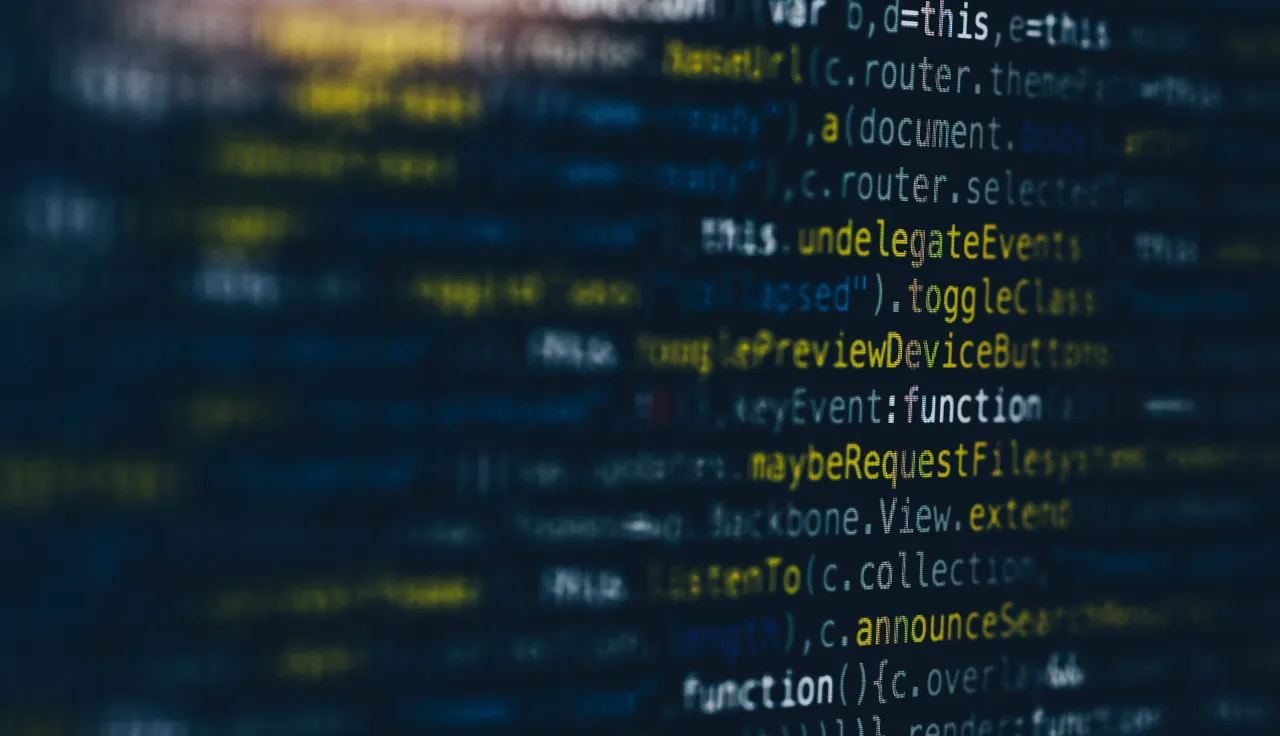ICRC position on autonomous weapon systems

With a view to supporting current efforts to establish internationally agreed limits on autonomous weapon systems to address the concern they raise, ICRC recommends that States adopt new legally binding rules.
The ICRC's concerns about autonomous weapon systems
Autonomous weapon systems select and apply force to targets without human intervention. After initial activation or launch by a person, an autonomous weapon system self-initiates or triggers a strike in response to information from the environment received through sensors and on the basis of a generalized "target profile". This means that the user does not choose, or even know, the specific target(s) and the precise timing and/or location of the resulting application(s) of force.
The use of autonomous weapon systems entails risks due to the difficulties in anticipating and limiting their effects. This loss of human control and judgement in the use of force and weapons raises serious concerns from humanitarian, legal and ethical perspectives.
The process by which autonomous weapon systems function:
- brings risks of harm for those affected by armed conflict, both civilians and combatants, as well as dangers of conflict escalation
- raises challenges for compliance with international law, including international humanitarian law, notably, the rules on the conduct of hostilities for the protection of civilians
- raises fundamental ethical concerns for humanity, in effect substituting human decisions about life and death with sensor, software and machine processes.
The ICRC's recommendations to States for the regulation of autonomous weapon systems
The International Committee of the Red Cross (ICRC) has, since 2015, urged States to establish internationally agreed limits on autonomous weapon systems to ensure civilian protection, compliance with international humanitarian law, and ethical acceptability.
With a view to supporting current efforts to establish international limits on autonomous weapon systems that address the risks they raise, the ICRC recommends that States adopt new legally binding rules. In particular:
- Unpredictable autonomous weapon systems should be expressly ruled out, notably because of their indiscriminate effects. This would best be achieved with a prohibition on autonomous weapon systems that are designed or used in a manner such that their effects cannot be sufficiently understood, predicted and explained.
- In light of ethical considerations to safeguard humanity, and to uphold international humanitarian law rules for the protection of civilians and combatants hors de combat, use of autonomous weapon systems to target human beings should be ruled out. This would best be achieved through a prohibition on autonomous weapon systems that are designed or used to apply force against persons.
- In order to protect civilians and civilian objects, uphold the rules of international humanitarian law and safeguard humanity, the design and use of autonomous weapon systems that would not be prohibited should be regulated, including through a combination of:
- limits on the types of target, such as constraining them to objects that are military objectives by nature
- limits on the duration, geographical scope and scale of use, including to enable human judgement and control in relation to a specific attack
- limits on situations of use, such as constraining them to situations where civilians or civilian objects are not present
- requirements for human–machine interaction, notably to ensure effective human supervision, and timely intervention and deactivation.
The ICRC supports initiatives by States aimed at establishing international limits on autonomous weapon systems that aim at effectively addressing concerns raised by these weapons, such as efforts pursued in the Convention on Certain Conventional Weapons to agree on aspects of a normative and operational framework.
Considering the speed of development in autonomous weapon systems' technology and use, it is critical that internationally agreed limits be established in a timely manner. Beyond new legal rules, these limits may also include common policy standards and good practice guidance, which can be complementary and mutually reinforcing.
To this end, and within the scope of its mandate and expertise, the ICRC stands ready to work in collaboration with relevant stakeholders at international and national levels, including representatives of governments, armed forces, the scientific and technical community, and industry.
Geneva, 12 May 2021
Video - What are the dangers of autonomous weapons?
ICRC Position on Autonomous Weapon Systems | International Committee of the Red Cross also available in Arabic, Chinese, French and Spanish.



